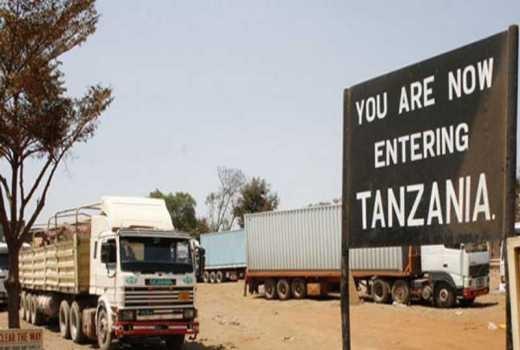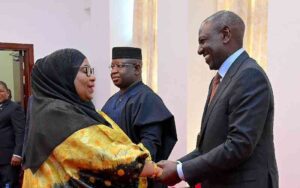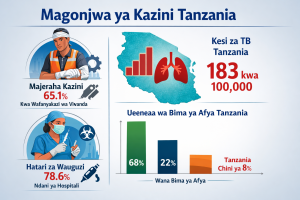
Kenya, Tanzania Cat and Mouse Games Hurting Cross-Border Trade and Prosperity of their citizens
Cat and Mouse Games
Kenya and Tanzania are members and primary founders of the East African Community. More than once, the two countries have banned or restricted imports or exports from one another, often as a reciprocation of specific restrictions. In early 2023, Tanzania and Kenya were reported to have resolved 23 trade barriers in just a year. However, in early 2024, the Tanzania Civil Aviation Authority (TCAA) banned Kenya Airways (KQ), Kenya’s national carrier, from operating in Tanzanian airspace as a response to actions taken by Kenyan authorities against Air Tanzania.
This situation indicates that, despite the apparent resolution of trade barriers, diplomatic tensions between Tanzania and Kenya persist. Beyond the 23 trade barriers that were reportedly removed, there has been a failure to manage and contain the broader diplomatic dynamics between the two nations. These diplomatic challenges have direct implications for cross-border businesses, affecting their operations and introducing uncertainties into the business environment.

[State House Tanzania]
Who benefits from EAC?
The primary beneficiaries of any cooperation are the citizens. For instance, the East African Community, consisting of 8 member states, is home to 301.8 million citizens. These citizens are assured the opportunity to exploit a market of 301.8 million people. However, this market guarantee is impacted by frequent political bans and restrictions.
In 2021, Tanzanian businesspeople faced challenges when Kenya imposed a ban on Tanzanian maize, citing a high aflatoxin content. The ban led to delays at the Namanga border as discussions unfolded between the two states. Such situations can be even more detrimental for perishable goods like tomatoes and onions, directly affecting businesspeople and potentially pushing them back into poverty.
Given that the East African Community’s benefits directly impact its citizens, it becomes crucial to strengthen political and diplomatic relations. This approach ensures that businesspeople feel at ease engaging in cross-border exchanges. The community actively works towards improving the living standards of people within the region. A guaranteed market without frequent restrictions, as witnessed, will contribute significantly to enhancing these living standards.
Tanzania and Kenya are the closest markets that citizens exploit more.
In the East African Community, Tanzania and Kenya engage more in trade than other countries. When considering intra-East African countries, Kenya imports more from Tanzania. According to data from the Central Bank of Kenya, in July 2023, Kenya received direct imports amounting to 5.4 billion Ksh (33.4 million USD). This is 62.7% larger than the direct imports Kenya receives from Uganda.
Similarly, the Bank of Tanzania shows that within EAC intra-trade, Tanzania trades more with Kenya. Considering East African countries in 2023, imports from Kenya to Tanzania account for 77.6%. This evidence suggests that people in Kenya and Tanzania engage in intra-trade more significantly than other East African countries.
This situation underscores the importance of protecting the citizens who are key participants in intra-trade by fostering strong diplomatic relations.
What is to be done?
Tanzania and Kenya should engage in open-market competition while adhering to the protocols of the East African Community, which both countries have endorsed. It is important to acknowledge that the integration between Kenyans and Tanzanians is mutually advantageous.
The East African Community should enforce its laws and regulations. Sections 5(e) and 5(3) of the East African Community Competition Act, 2006, prohibit member states from engaging in anti-competitive practices. The banning and restrictions witnessed are in violation of the Act. According to section 5(4) of the act, any person violating competitive practices is deemed to have committed an offense and may be subject to a fine not exceeding one hundred thousand dollars. Implementation of this is necessary to demonstrate that the EAC observes the activities of its member states.
Tanzania has some NGOs advocating for Economic Rights, and Kenya is no different. The banning and restrictions abuse economic rights. This is a call for NGOs and CSOs in Kenya and Tanzania to file a case against the witnessed anti-competitive practices, and for the countries to pay the fine. This will be a positive step to strengthen the community and guarantee the citizens who are exploiting the opportunities in the region.



